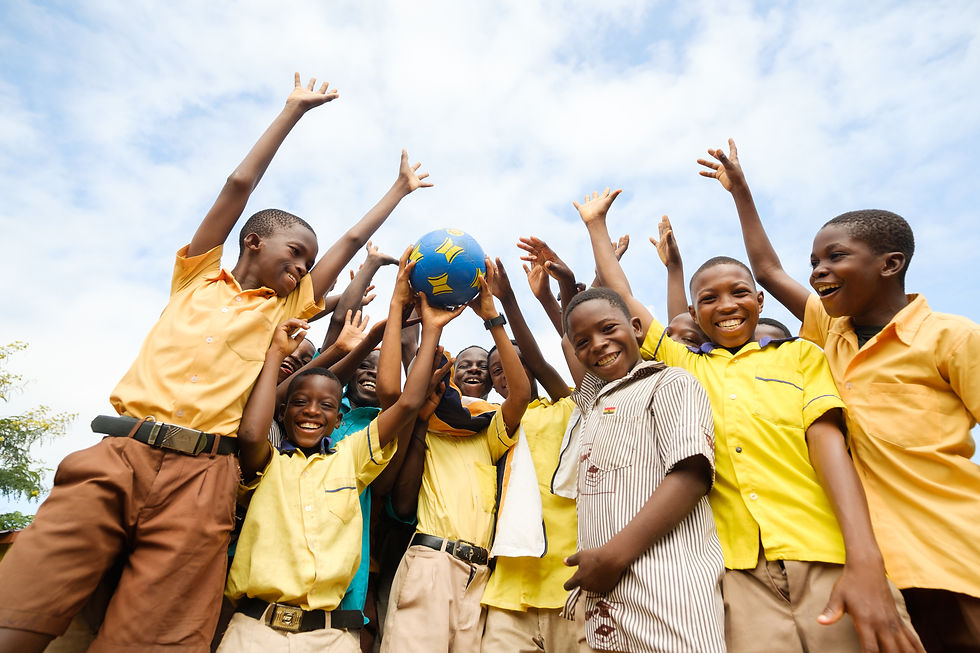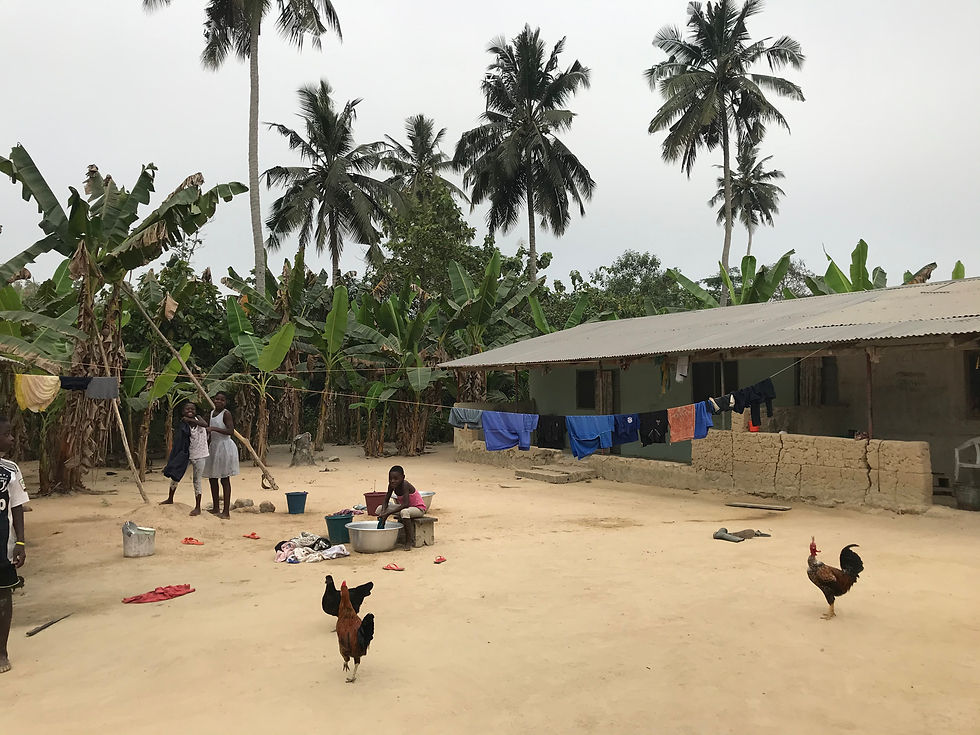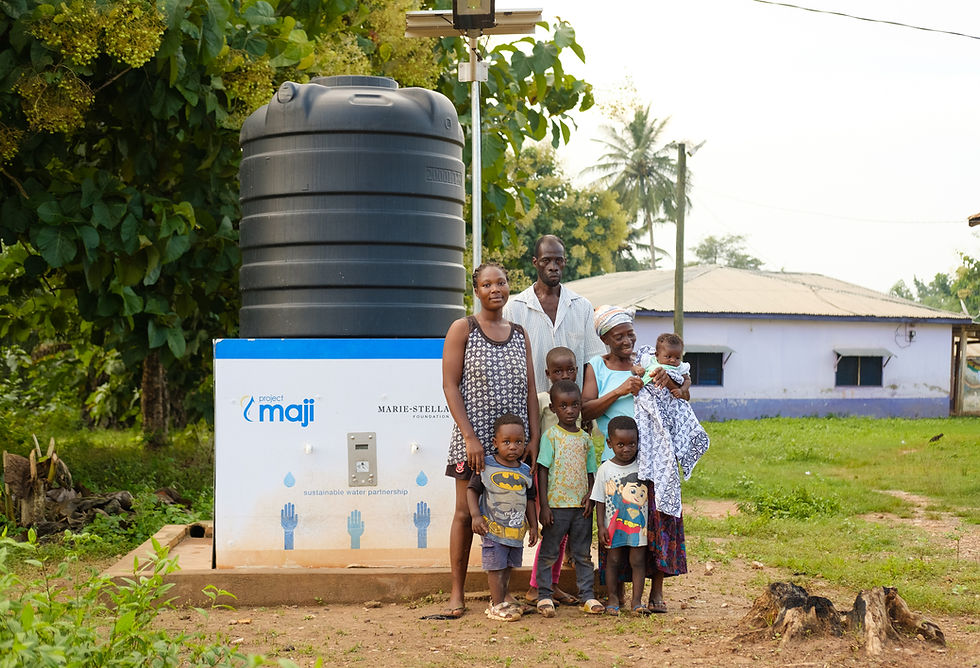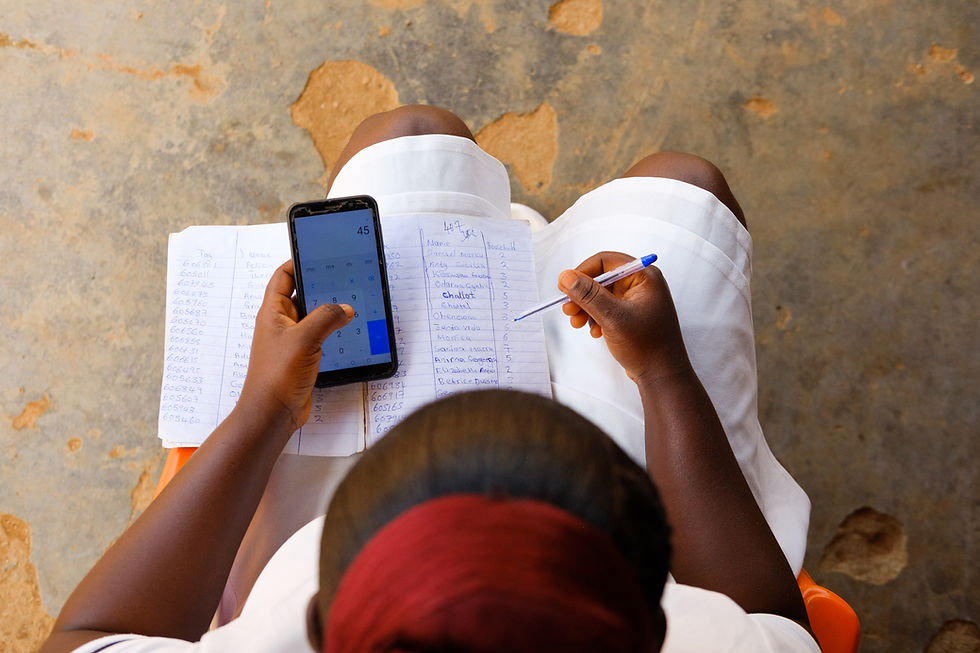World Population Day: Who we serve and why
- projectmaji
- Jul 11, 2025
- 3 min read
The 11th of July has been designated as World Population Day since 1989. Its aim has been to focus attention on population-related issues, including environmental challenges, development, family planning, and poverty. One of the core messages behind this day is to count everyone so that no one is left behind. Those who go uncounted (in census data, in studies, in reports) are left invisible and unserved. As an organisation that has chosen to work for underserved and underrepresented communities, we feel that today, 11 July 2025, is the perfect time to highlight why we work in small populations.

What is World Population Day 2025?
The United Nations Secretary-General, António Guterres, has used World Population Day to highlight that the world currently has the largest ever generation of young people. Despite the ability of the young to drive change, they also face many obstacles, including inequalities, limited healthcare and education, and climate disruption. The youth of today are not only thinking about how their generation will survive current environmental, economic, and conflict patterns – they are also thinking about what kind of world their own children will inherit.
Why does this day matter to Project Maji?
Since our inception in 2015, Project Maji has elected to serve rural and remote communities of 1,000 inhabitants or less. As a social enterprise, we know that doing so decreases the likelihood of running a profitable venture. After all, our water kiosks would generate far more revenue if we built them in urban and peri-urban settings, with more people who were willing and able to pay for access to clean water.
However, social impact and humanitarianism are still at the core of our organisation. When Sunil Lalvani, our founder and CEO, started this initiative, he realised that it was small rural communities who were most in need of service providers. Due to low population levels, service providers knew these small localities offered little hope of profitability, while NGOs often concentrated efforts elsewhere to affect more individuals and therefore maximise their impact. Unfortunately, this results in communities who are ignored, uncounted, underserved.

Project Maji fills this gap for communities across Ghana and Kenya. We deliberately work uniquely in these small localities, using a demand-driven model. We have seen first-hand that our customers cannot and should not be ignored – they are willing and able to improve their quality of life, as well as that of future generations. It is a matter of getting service providers to take notice of them.
For World Population Day, we would like to unequivocally state that small communities are also worthy of attention, services, and life-sustaining measures. Every community we have reached is bursting with members of the same young generation mentioned by the Secretary-General. They too deserve the opportunity to overcome obstacles in order to shape just, inclusive, and sustainable futures for themselves and their children. Here at Project Maji, our mission is to provide them with the ability to overcome water poverty.
Small populations, big results

Even though we concentrate on communities of 1,000 people or less, our impact is still considerable. Our work provides these small populations with lifetime access to clean water, which in turn improves health, living standards, education rates, and gender equality. Consult our previous blog posts for more information about the tremendous ripple effect of safe water access.
Additionally, we have served over 400,000 individuals through our operations. Working in small settings does not yield small impact.
Will you help us in ensuring all populations are served?


